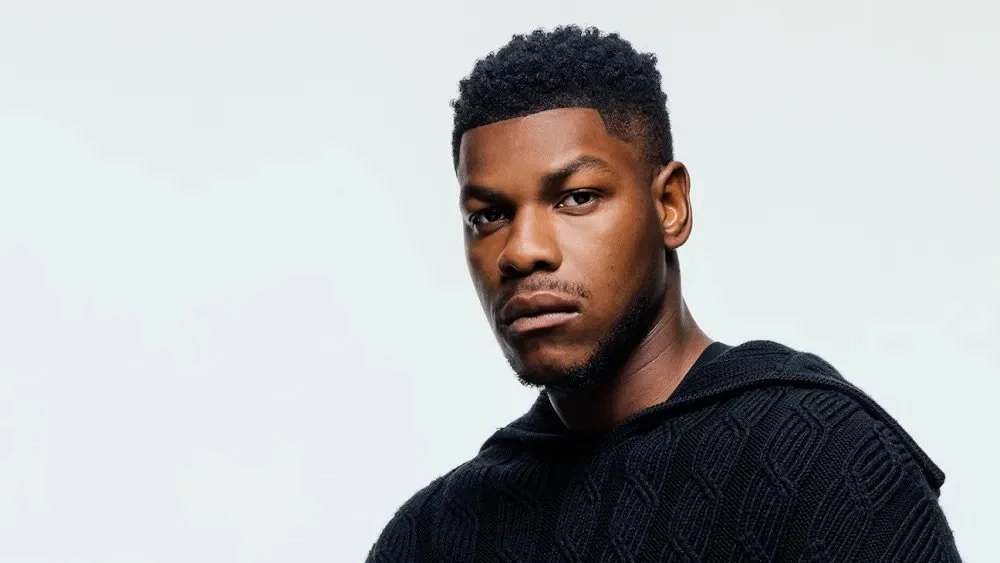Cultural Shifts: How Millennials are Redefining Maturity
In the evolving landscape of the 21st century, millennials are at the forefront of reshaping what it means to be mature. Traditionally, maturity has been defined by life milestones such as marriage, buying a house, and having children. However, millennials, born between 1981 and 1996, are challenging these conventions, forging new paths that reflect a more fluid and diverse understanding of adulthood. This shift is changing societal norms and inspiring a more inclusive and multifaceted approach to life.
Photo: Emma Watson via Rex/Shutterstock
One of the most significant changes millennials are bringing about is prioritizing personal growth and self-fulfillment over traditional markers of success. For example, take Emma Watson, the actress and UN Women Goodwill Ambassador. Watson has used her platform to advocate for gender equality and education, emphasizing the importance of self-development and personal values. By focusing on issues she is passionate about, Watson exemplifies a mature individual who defines her adulthood through activism and intellectual pursuits rather than conventional milestones.
Millennials are also redefining the work-life balance. Unlike previous generations, they are more likely to value experiences over material possessions, as evident in the rise of the gig economy and remote work. The career of Casey Neistat, a filmmaker and YouTube personality, illustrates this shift. Neistat's unconventional career path, which includes creating daily vlogs and founding a tech company, highlights the millennial emphasis on flexibility, creativity, and entrepreneurship. For many millennials, the ability to travel, explore new hobbies, and spend time with loved ones is a critical aspect of a fulfilling life.
Photo: Casey Neistat via Joby.com
Furthermore, millennials challenge the idea that maturity is synonymous with financial stability and homeownership. The economic realities faced by this generation, including student debt and high housing costs, have made traditional financial goals less attainable. Instead, millennials are finding new ways to define economic success. For instance, Sophia Amoruso, founder of Nasty Gal and author of "#GIRLBOSS," has redefined entrepreneurial success on her terms. Despite the ups and downs of her business ventures, Amoruso's resilience and adaptability underscore a mature approach to financial independence and career growth.
Photo: Sophia Amoruso via WWD
In addition to these individual examples, broader societal trends reflect this generational shift. Millennials are in charge of advocating for mental health awareness, recognizing that emotional well-being is a crucial component of a mature and balanced life. Influencers like Demi Lovato have been open about their mental health struggles, using their platforms to destigmatize conversations around mental health. This openness and vulnerability significantly depart from previous generations' more stoic approach to emotional issues, highlighting a more holistic understanding of maturity.
Moreover, the millennial approach to relationships is also evolving. Traditional timelines for marriage and starting a family are reconsidered as millennials prioritize personal compatibility and emotional connection over societal expectations. Celebrities like Mindy Kaling, who chose to become a single mother, exemplify this shift. Kaling's decision to embrace motherhood on her terms reflects a mature understanding of family and relationships that prioritizes personal fulfillment and independence.
Photo: Ryan Pfluger for The New York Times
Millennials are also making significant contributions to this evolving definition of maturity by embracing new roles and responsibilities in their personal and professional lives. One such example is Brandon Stanton, the creator of the popular photoblog Humans of New York. Stanton's project, which began as a simple endeavor to photograph and interview New Yorkers, has grown into a global movement celebrating the diversity of human experiences. His empathetic storytelling and dedication to highlighting the voices of ordinary people reflect a mature approach to using one's platform for social good. Stanton exemplifies how millennial men redefine success and maturity through community-building and storytelling by prioritizing empathy and connection over personal gain.
Photo: John Boyega LLOYD PURSALL
Another notable example is John Boyega, the British-Nigerian actor known for his roles in films like "Star Wars" and his outspoken advocacy for racial equality. Boyega has used his fame to bring attention to critical social issues, including racial injustice and police brutality. His impassioned speech at a Black Lives Matter protest in London showcased his commitment to activism and social change. By using his influence to address systemic inequalities and advocate for marginalized communities, Boyega demonstrates a mature understanding of his responsibilities as a public figure. His actions underscore the importance of leveraging one's platform to effect positive change, a vital aspect of the millennial redefinition of maturity.
Another critical aspect of this cultural shift is the increasing importance of social and environmental responsibility. Millennials are more likely to support companies and causes that align with their values, viewing responsible consumption as a marker of maturity. Activists like Greta Thunberg, though at the younger end of the millennial spectrum, embody this commitment to making a positive impact. Thunberg's environmental advocacy has inspired millions to reconsider their lifestyles and take action on climate change, demonstrating that maturity involves taking responsibility for our world.
In conclusion, millennials are redefining maturity through a multifaceted lens that values personal growth, flexibility, emotional well-being, and social responsibility. They create a more inclusive and dynamic understanding of adulthood by challenging traditional norms and forging their own paths. As these cultural shifts continue to unfold, it is clear that the millennial generation is changing how we live and understand what it means to be truly mature.






